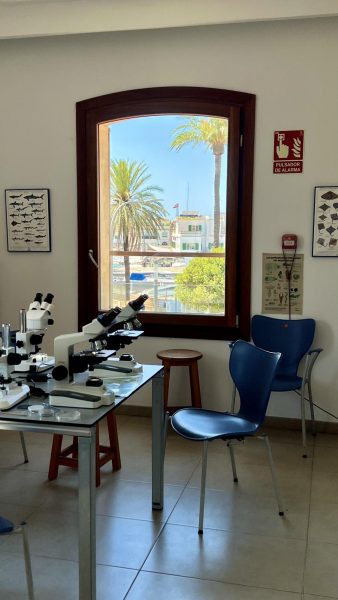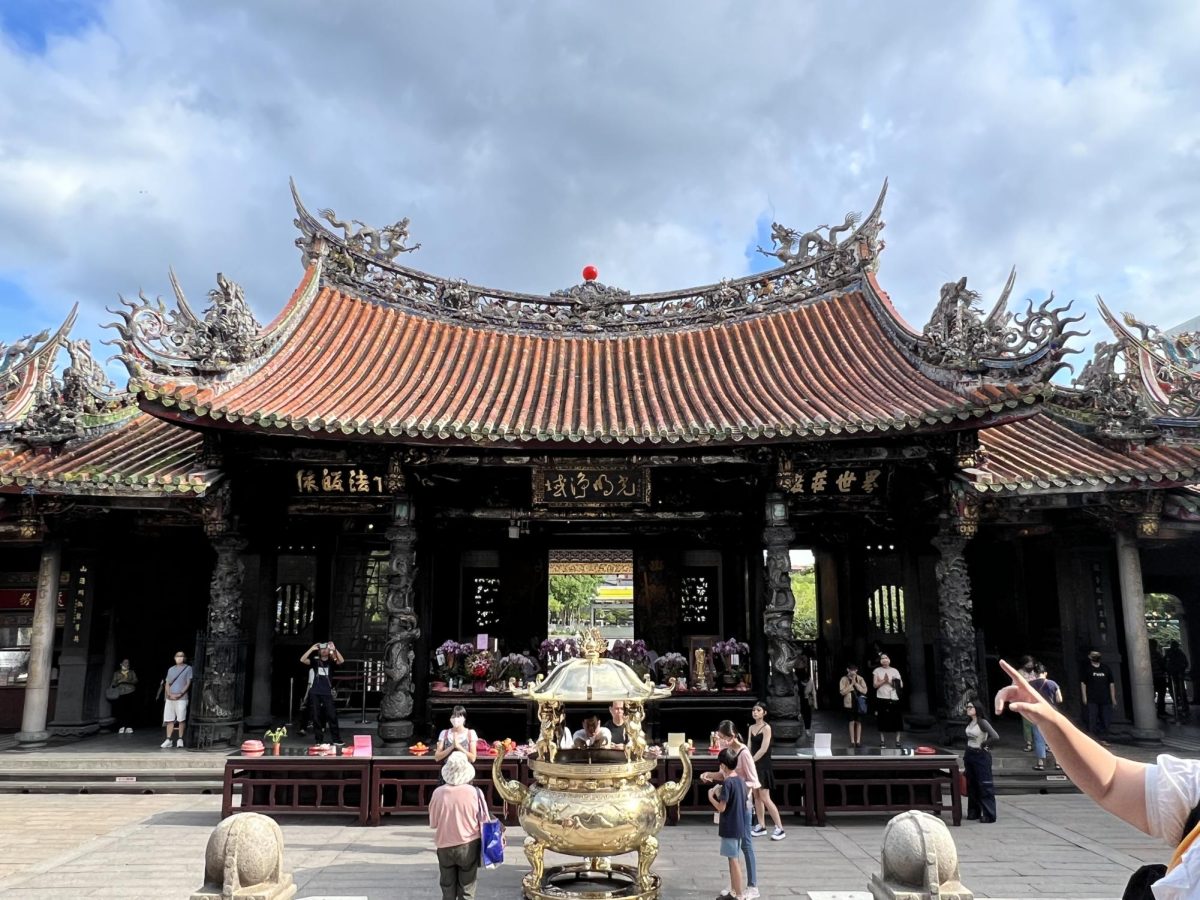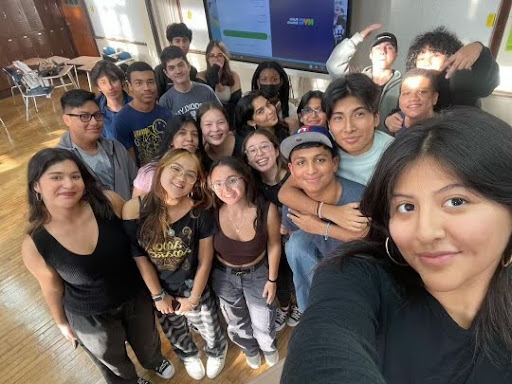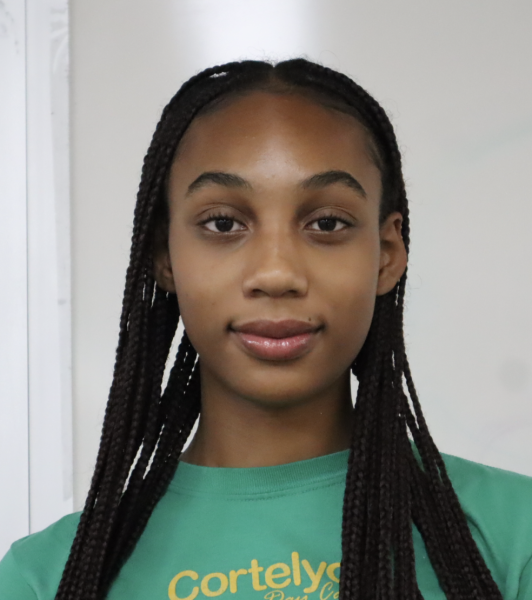Last summer, 72 Brooklyn Tech students studied abroad in over 40 countries with the popular Council on International Educational Exchange (CIEE) program. While some enjoyed their experiences so much that they signed on for a second program, others had problems that made them regret signing up in the first place.
The CIEE programs cover a dynamic range of subject areas such as World Language and Culture, STEM, Social Change and Leadership, Arts and Culture, and Business. With a wide variety of courses and locations, students are exposed to individuals from a variety of backgrounds and cultures through homestays and interactions with locals. Need and merit-based scholarships are also available for students, as CIEE costs range from $4,000-6,000 for high school summer programs.
Assistant Principal of the World Languages and ENL Department, Ms. Santiago Campbell, said that students become “global citizens” through the program. “They gain intercultural [competence] and language skills, I just think it gives them that experience of what it is to live in the world, with people of different backgrounds and cultures,” she explained.
Many people who went on Language and Culture programs, CIEE’s most popular program, acknowledged that their conversational skills developed quickly. Since CIEE’s goal is for students to experience total immersion beyond the classroom, participants are exposed to the language through the media, their homestay families, and “community conversations.”
Ysabelle Ramirez (‘26), who stayed in Mérida, Mèxico, explained that almost every day, students were tasked with engaging in “community conversations,” which consisted of “going out to speak with locals, asking for directions, or anything that connected with the lesson based on [language] [they] had that day.”
Depending on the program, students reside in either hotels or homestays. While they are pushed to be independent, those in homestays are still provided with meals, rooming, and sometimes transportation, all of which are provided by a host family. However, the variable quality of CIEE homestays heavily affected each student’s experience.
Unfortunately, some students had negative experiences with their host families regarding meals and housing. “They tried to cram as many girls as possible into one homestay,” said a current junior in the Law and Society major who studied abroad in Paris, France. “There were some nights that you went so hungry, and one night I went to [a] local Monoprix, which is like Walmart, and I got just like a loaf of banana bread [to eat for dinner],” said the junior.
After living in a foreign country for weeks, CIEE students often come back with a different outlook on their future. “I was dead set [on going] to Paris for college, and I spent one month there, and would never do it [now],” said the same junior. “It teaches you a lot about what exactly you’re willing to do, what you can handle, and also where you want to go.”
Four out of approximately 40 people from the Paris program, as well as another four out of around 40 students in the Mérida program switched their homestays after varying durations on the program because of unsanitary living conditions and inadequate transportation or food provisions. A non-Tech student from New Mexico who went to Mérida, Sufyan Holmgren (‘25) lost five pounds in a mere two weeks due to his homestay mom not feeding him appropriately.
Ramirez had a decidedly more positive experience. “I actually still keep in touch with the family and I plan to do so for a very long time,” she said. “They’re all very welcoming. I was always well-fed. They always brought me to school and they would always help me in any way they [could].” Her host family also took Ramirez on long weekend trips, enjoying visits to the carnival, the beach, and her host family’s favorite restaurant.
One of the most integral aspects of CIEE programs is the classes. Students have weekly projects and homework assignments, including reflection journals and slideshows, alongside community conversations. Biological Sciences major Kendra Davis (‘25) who visited Taipei, Taiwan in 2022, and Palma de Mallorca, Spain in 2023 said, “I felt like the [work]load was pretty light.”
Generally, students have three-hour classes every day in the morning or afternoon, with a break in between. These classes are a little out of the ordinary, as students play games, journal, talk with locals, and discuss current events. “[My Chinese teacher] would adapt the classes to stuff we were interested in,” said Davis. CIEE teachers often incorporate language from the conversations students have in English, giving students more resources to communicate in the target language than they would in their native language.

A major perk of CIEE is free time, as students are also expected to explore a new country beyond their homestays and classes. In this sense, language acquisition continues beyond the classroom, where students interact with locals while shopping or eating out. In Taipei, Davis said she and her peers had “five hours at least every day to do whatever [we wanted].”
CIEE presents a rare opportunity for teenage students to study abroad. Ms. Santiago Campbell vouched for the program as Brooklyn Tech’s CIEE coordinator, saying, “CIEE is vetted, it’s been around for a very long time. And students can get college credit as well. I think it’s the most complete program.”








































